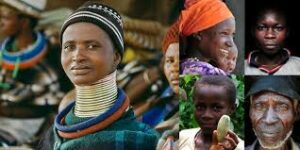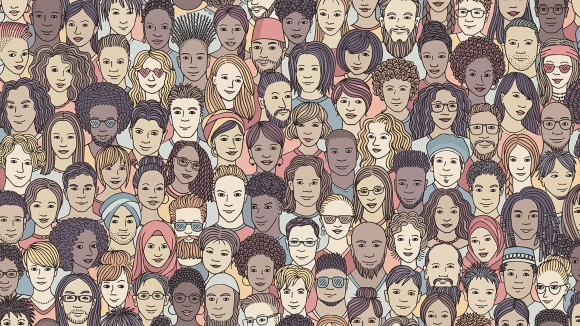List Of Contents
Human diversity refers to the vast range of differences among individuals in the human population. These differences encompass aspects such as culture, ethnicity, gender, language, physical ability, socio-economic background, and more. Diversity is intrinsic to humanity, shaping societies, fostering creativity, and promoting resilience in communities.
The Dimensions of Human Diversity

Human diversity can be categorized into several dimensions, each contributing uniquely to the fabric of society.
Cultural and Ethnic Diversity
Cultural and ethnic diversity includes variations in traditions, beliefs, languages, and practices across different populations. This diversity fosters a rich tapestry of experiences, enabling societies to learn from one another and evolve. Festivals, cuisines, and art forms often emerge from cultural exchanges, showcasing the beauty of shared traditions.
Gender and Sexual Diversity
Gender diversity acknowledges the spectrum of gender identities and expressions beyond the binary framework of male and female. Similarly, sexual diversity includes the range of sexual orientations within human populations. Embracing these differences fosters inclusivity and allows individuals to express themselves authentically.
Physical and Neurodiversity
Physical diversity includes variations in appearance, abilities, and disabilities. Similarly, neurodiversity highlights differences in cognitive functioning, recognizing conditions such as autism and ADHD as part of the natural variation in human neurology. Inclusivity in design, education, and employment ensures that all individuals can contribute meaningfully to society.
Socio-Economic Diversity
Socio-economic diversity reflects the disparities in income, education, and access to resources among individuals and communities. While it can pose challenges, understanding socio-economic differences can lead to targeted policies that promote equity and social justice.
The Importance of Embracing Diversity
Embracing diversity is essential for fostering innovation, enhancing societal resilience, and promoting global understanding.
Encouraging Innovation Through Diversity
Diverse teams bring varied perspectives, leading to more creative problem-solving and innovation. In workplaces, companies that prioritize diversity often report higher levels of productivity and employee satisfaction.
Building Resilience in Communities
Communities that value diversity tend to be more resilient in the face of challenges. A mix of skills, perspectives, and experiences allows for adaptive solutions to complex problems, from economic downturns to natural disasters.
Promoting Global Understanding
In a globalized world, understanding and appreciating diversity is key to fostering international cooperation. Exposure to different cultures and ideas can reduce prejudice and encourage empathy among individuals and nations.
Challenges to Diversity and Inclusion

Despite its benefits, human diversity often faces resistance due to prejudices, systemic inequalities, and lack of awareness.
Prejudice and Discrimination
Biases based on race, gender, religion, or other factors can lead to discrimination, marginalizing certain groups and limiting their opportunities. Combating these biases requires education and proactive policies.
Inequitable Access to Resources
Disparities in access to education, healthcare, and economic opportunities can exacerbate divisions within diverse populations. Addressing these disparities involves systemic reforms and inclusive governance.
Lack of Representation
Underrepresentation of certain groups in media, politics, and leadership roles can perpetuate stereotypes and hinder progress toward inclusivity. Promoting diverse voices in influential spaces is critical for achieving equity.
Strategies for Promoting Diversity and Inclusion

Creating a truly inclusive society requires intentional efforts across various sectors.
Education and Awareness
Educational initiatives that celebrate diversity and pulitoto teach cultural competence can foster understanding and respect from an early age. Schools and universities play a crucial role in shaping inclusive mindsets.
Inclusive Policies and Practices
Governments and organizations can implement policies that promote equal opportunities and address systemic inequalities. Practices such as equitable hiring, accessibility enhancements, and anti-discrimination laws are pivotal.
Community Engagement
Grassroots initiatives that involve diverse communities in decision-making processes ensure that policies reflect the needs of all individuals. Community engagement builds trust and strengthens social cohesion.
The Future of Human Diversity
As the world becomes Human Diversity increasingly interconnected, the importance of embracing human diversity will only grow. Technological advancements, global migration, and shifting social norms will continue to shape how societies understand and value differences.
Conclusion
Human diversity is a testament to the complexity and beauty of humanity. By embracing and celebrating our differences, societies can foster innovation, resilience, and harmony. The path to inclusivity requires effort and commitment, but the rewards—a more equitable, empathetic, and vibrant world—are well worth it.

